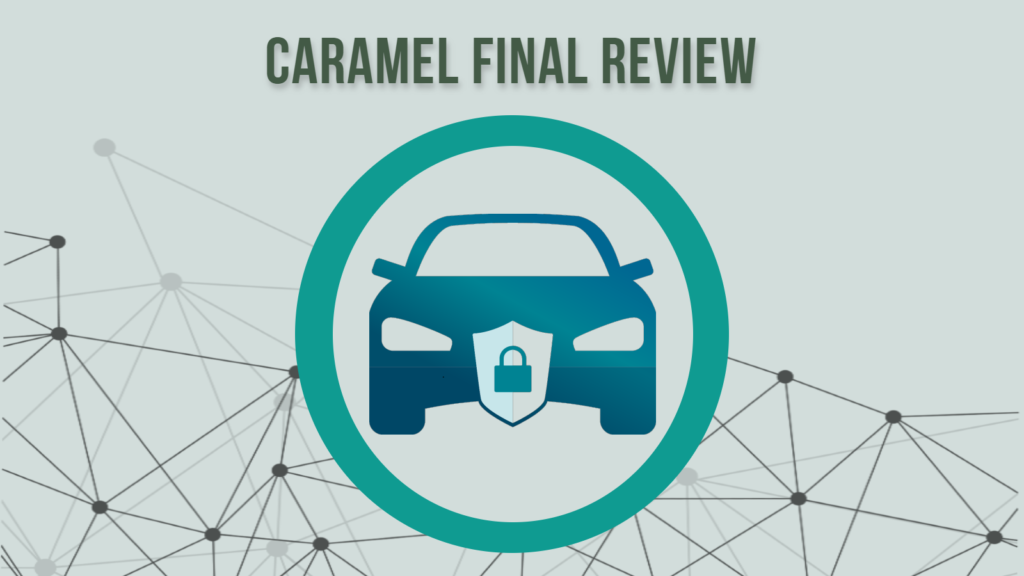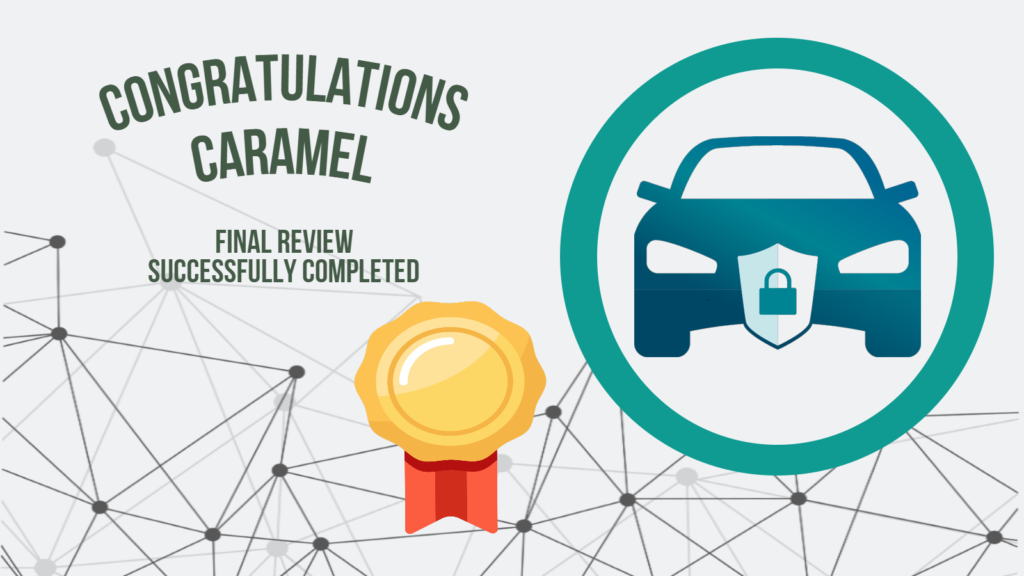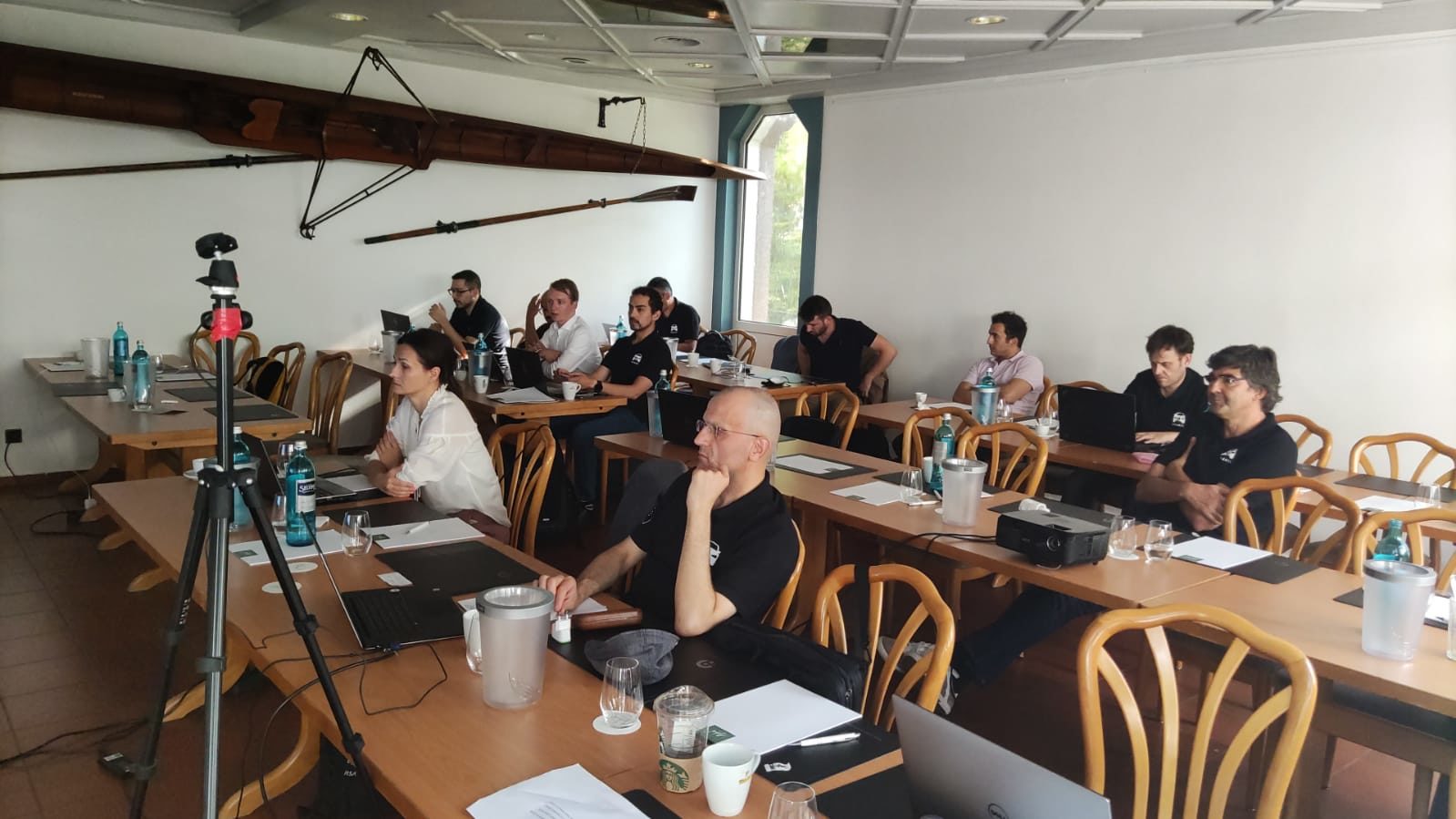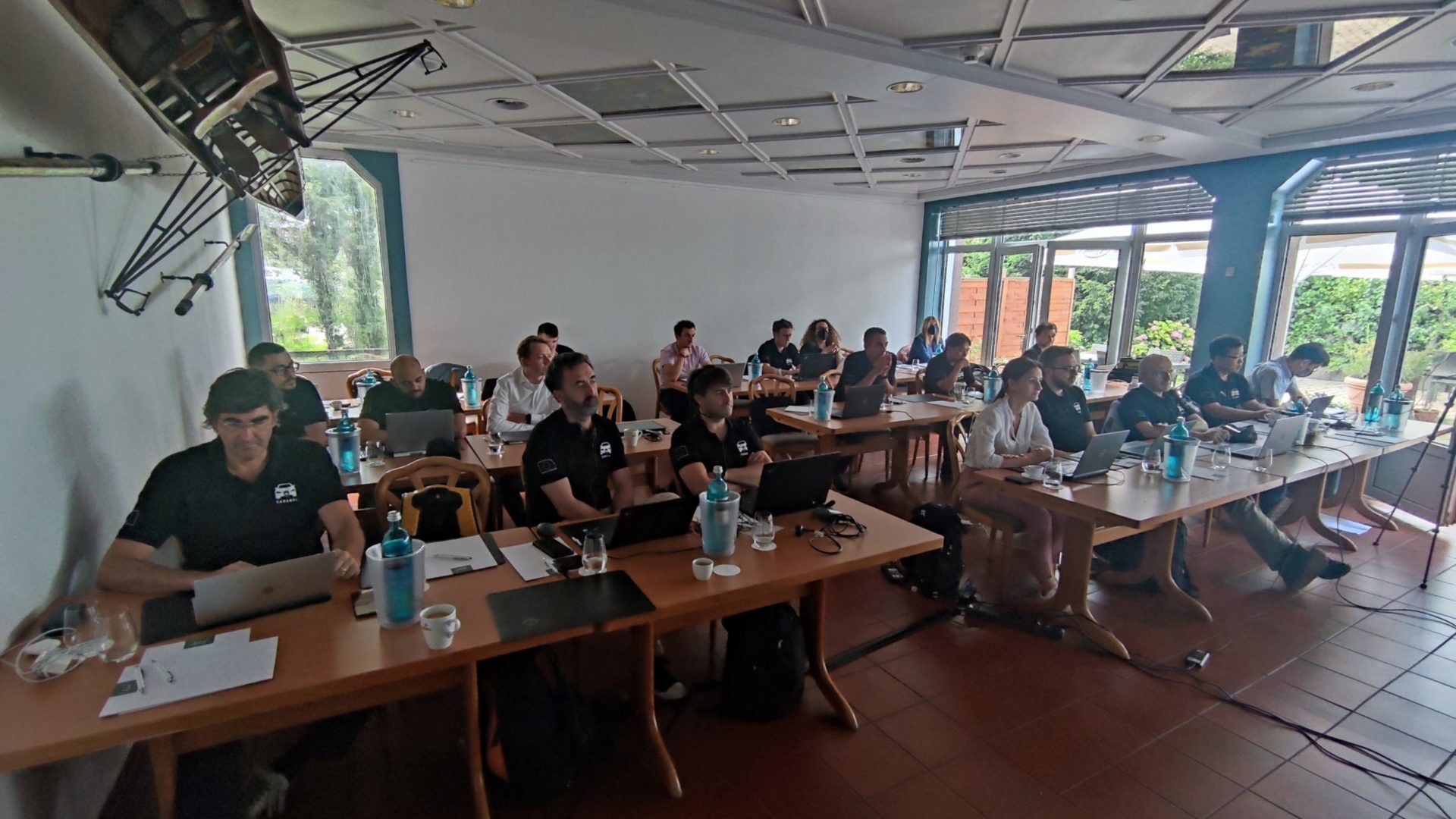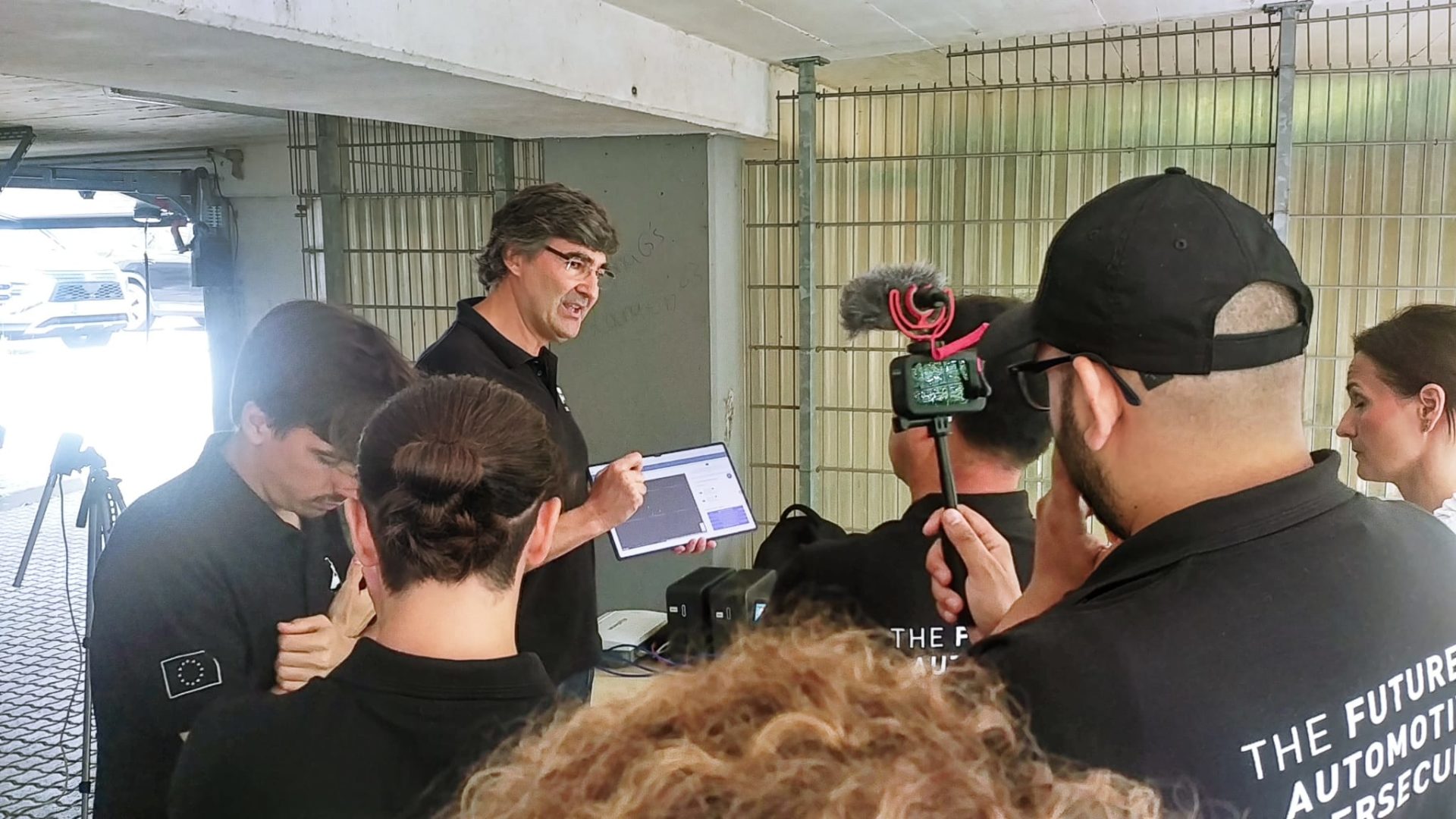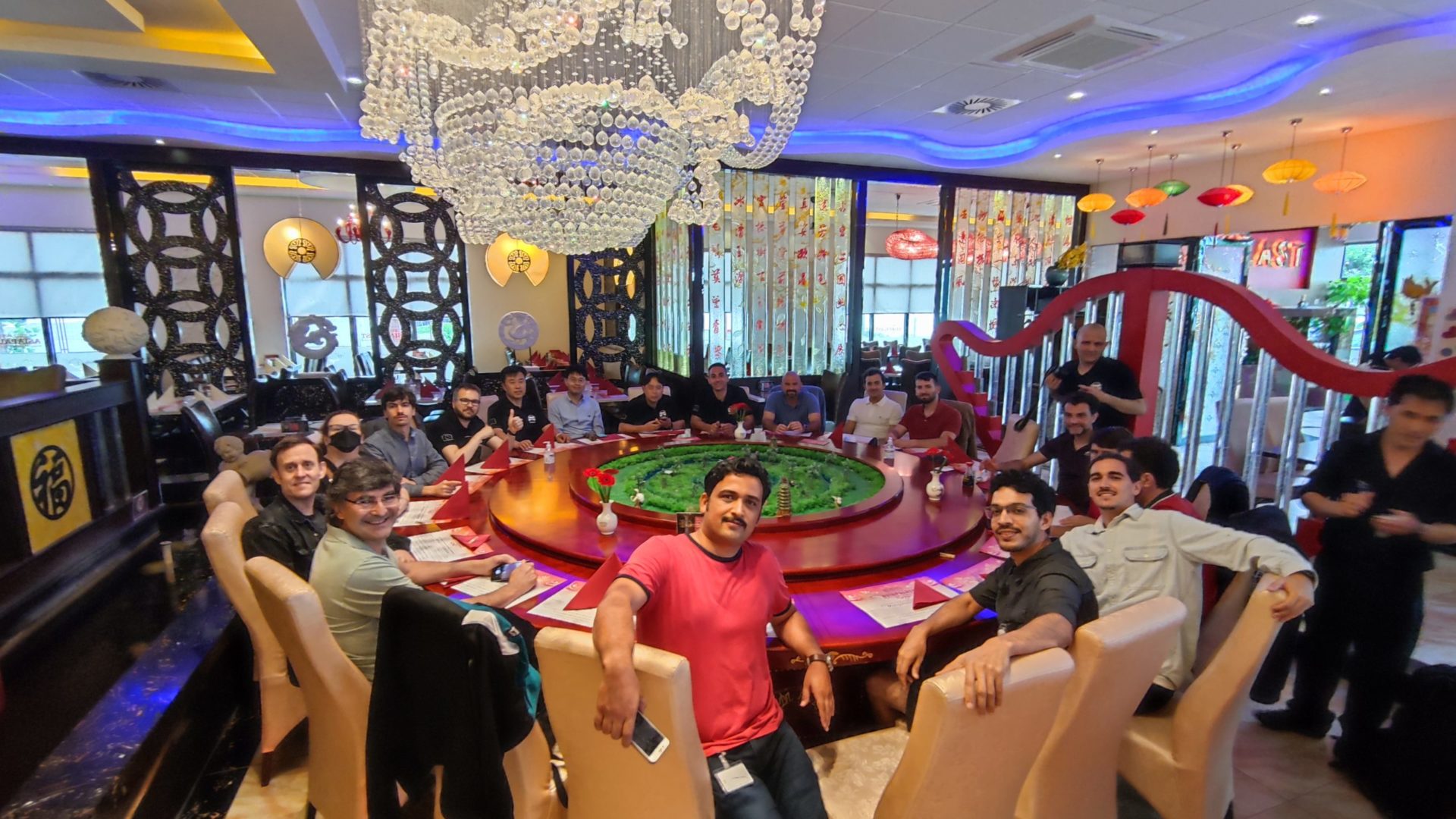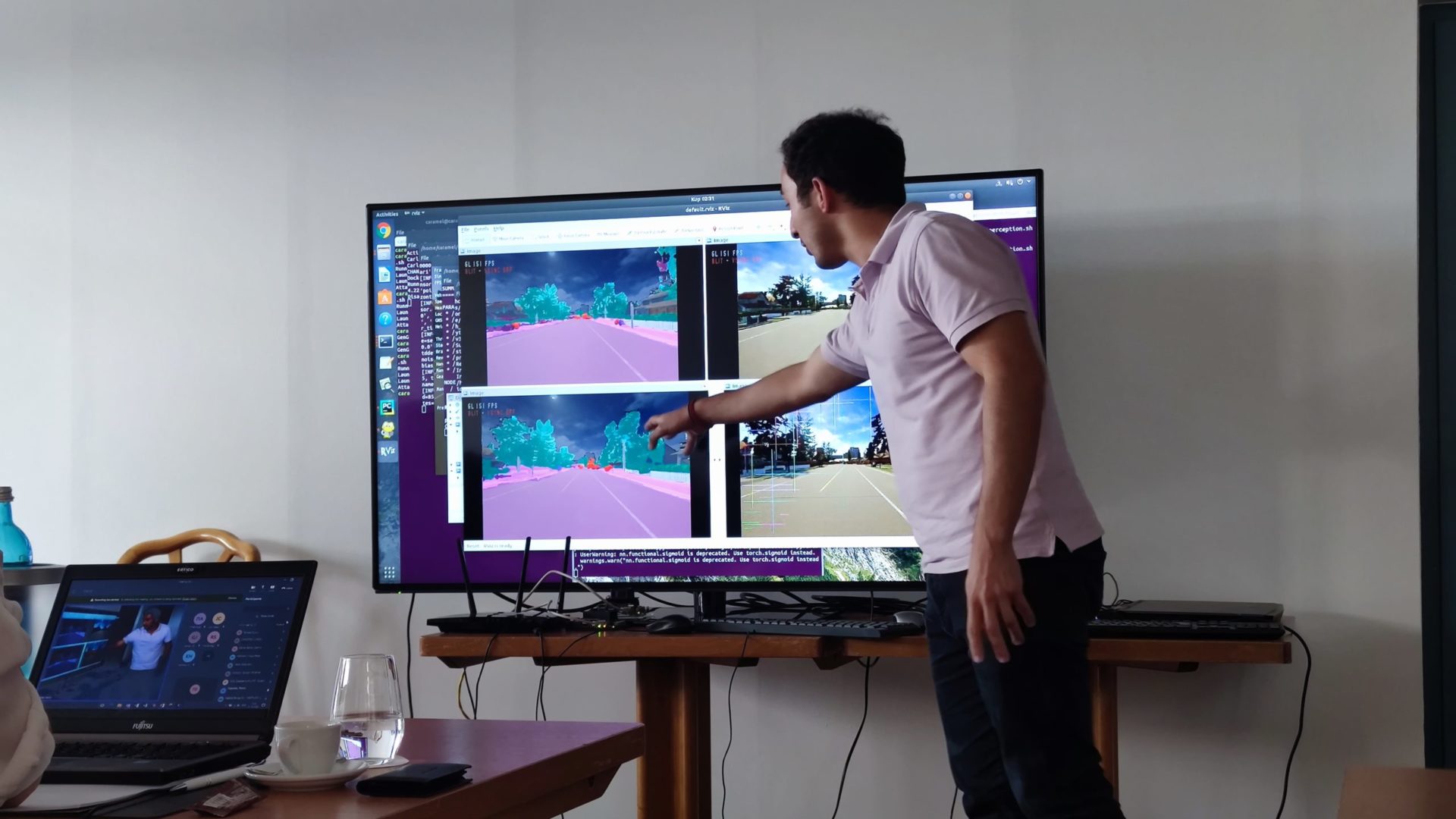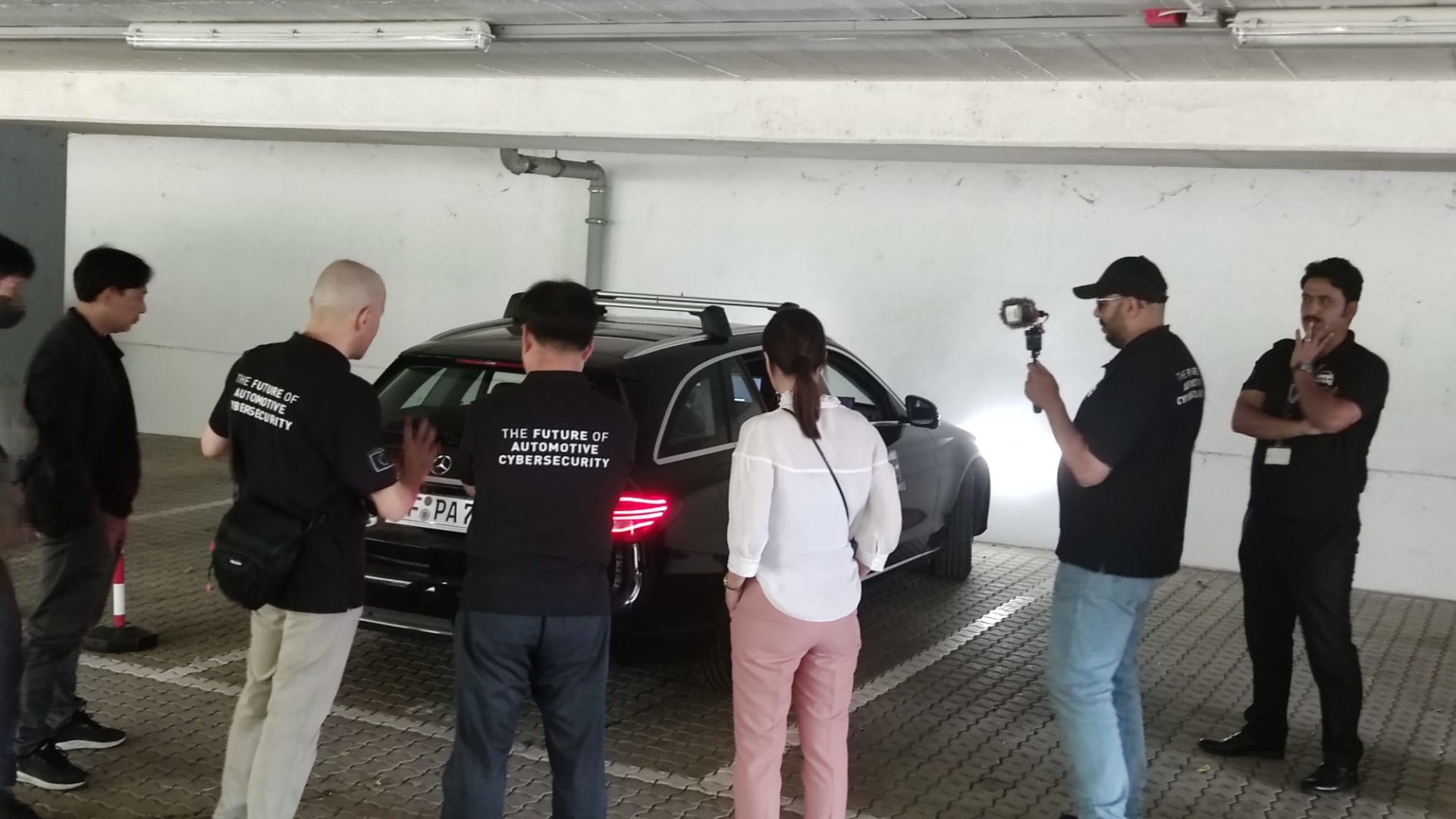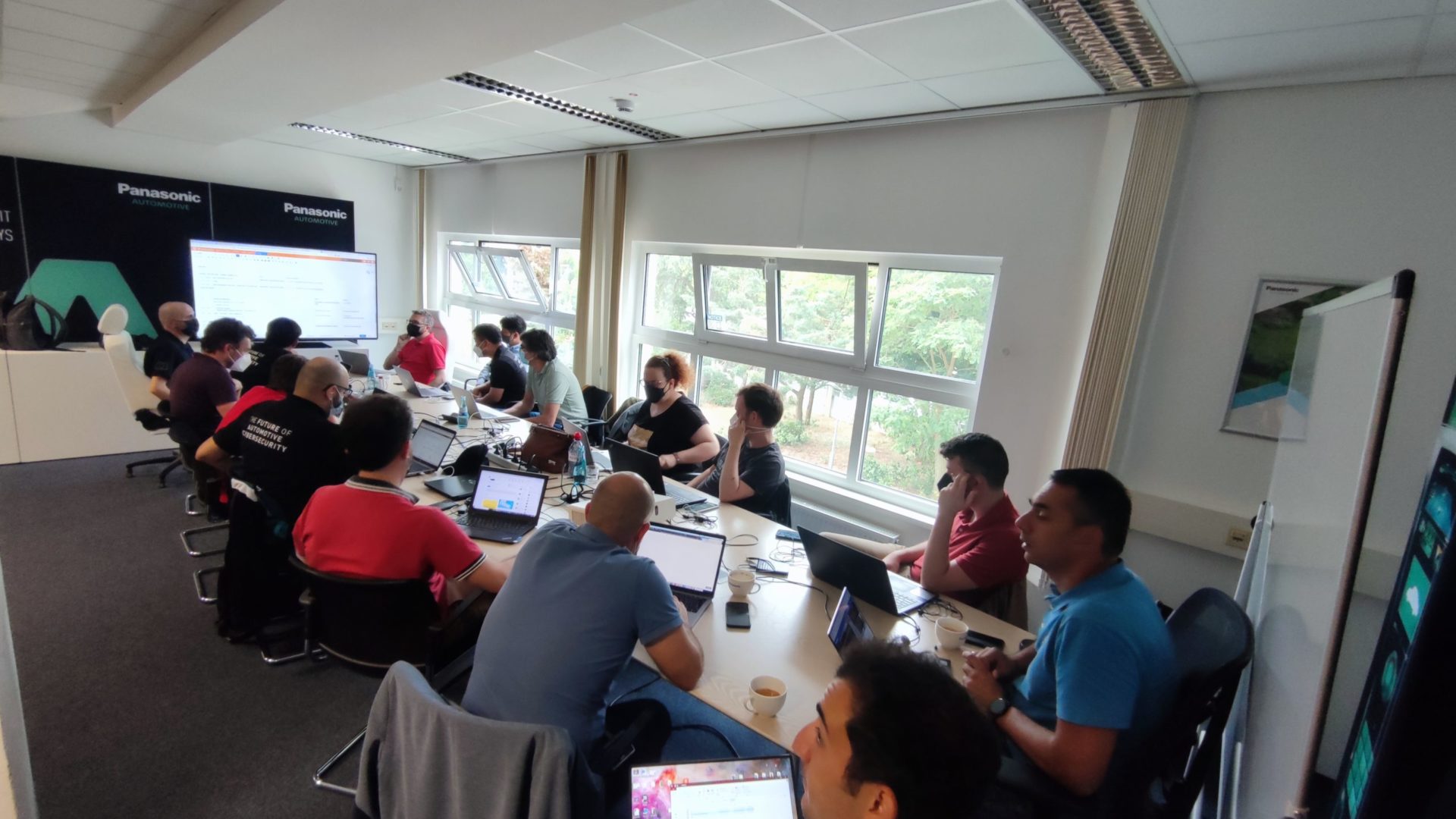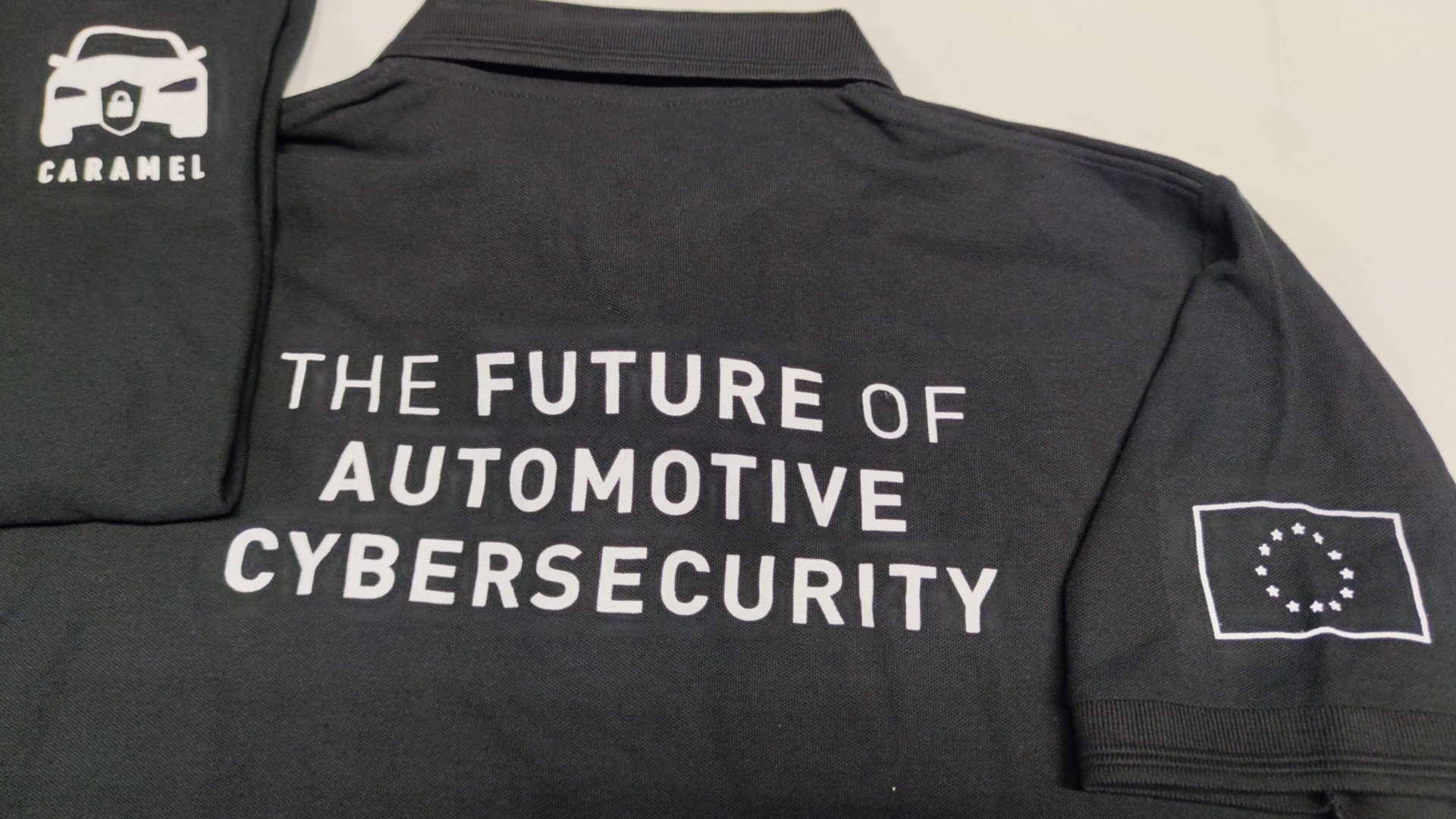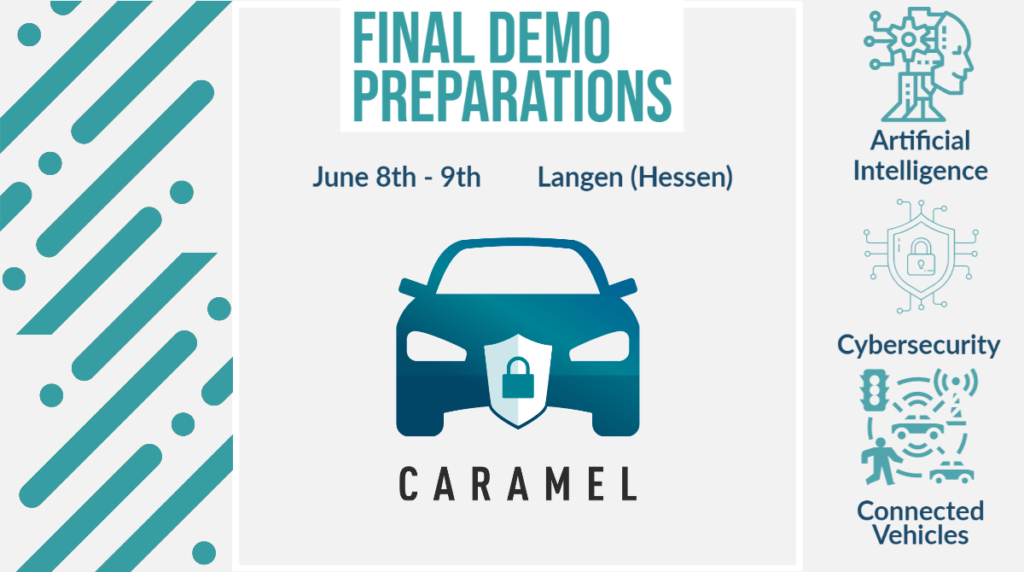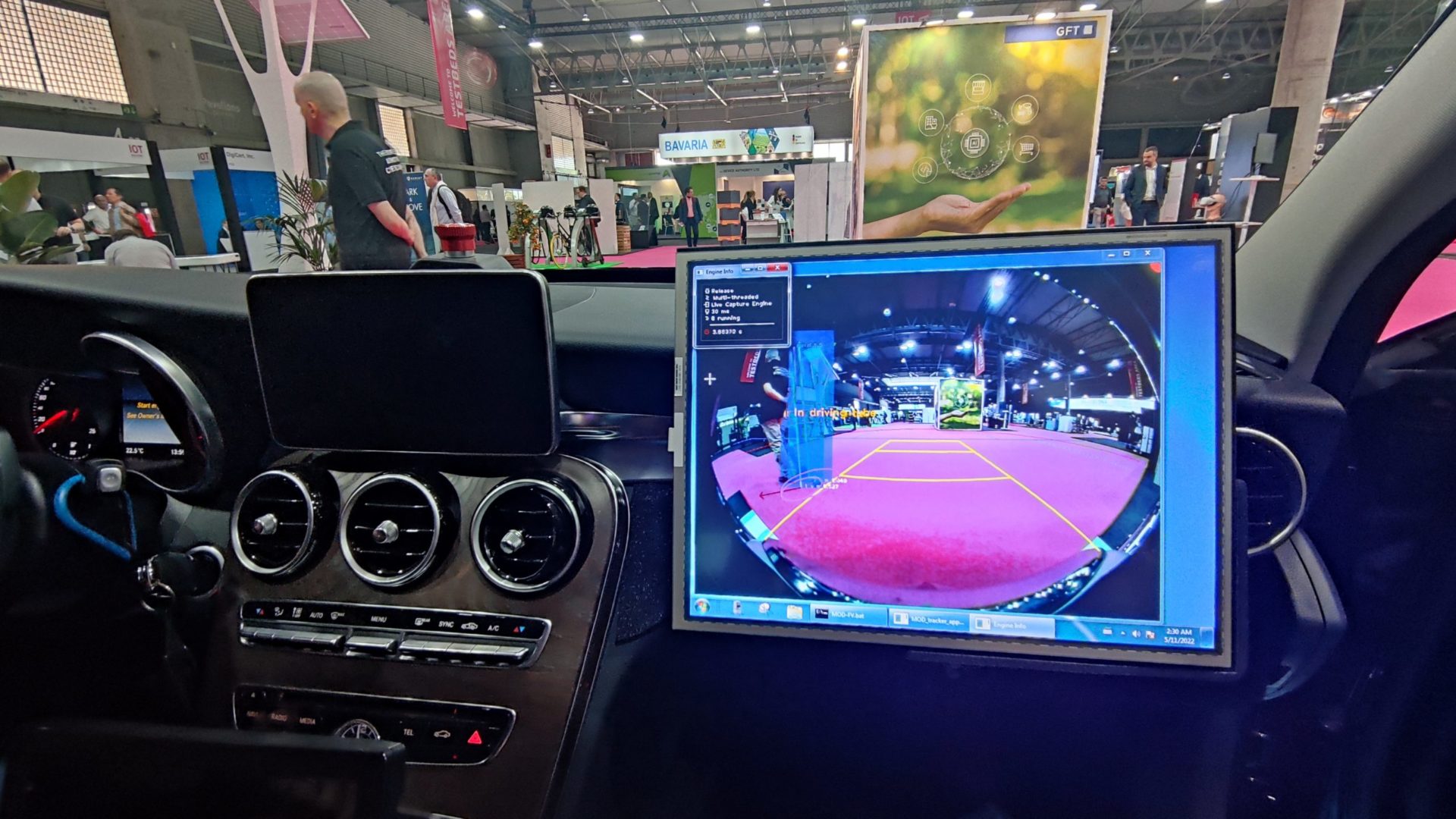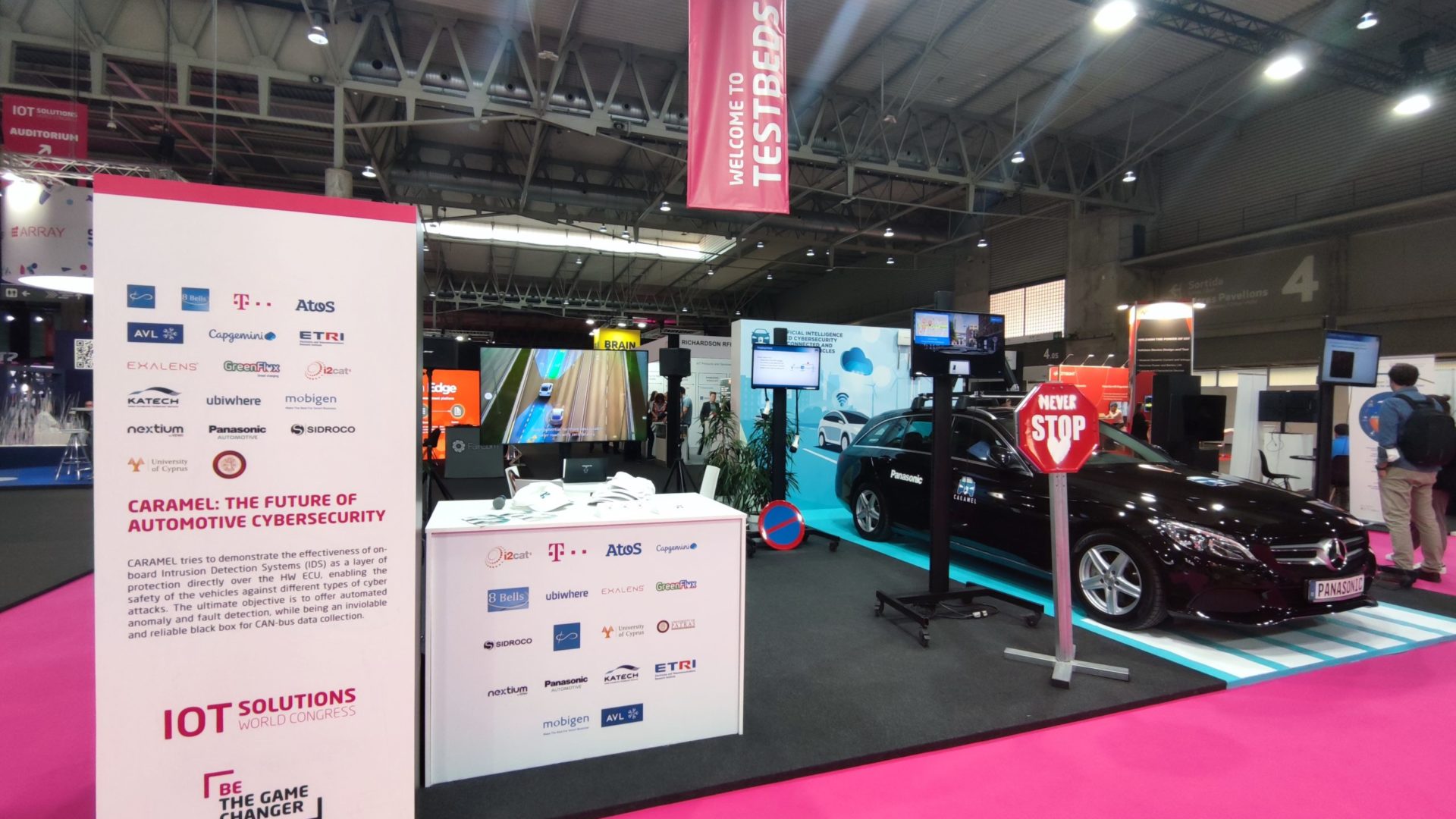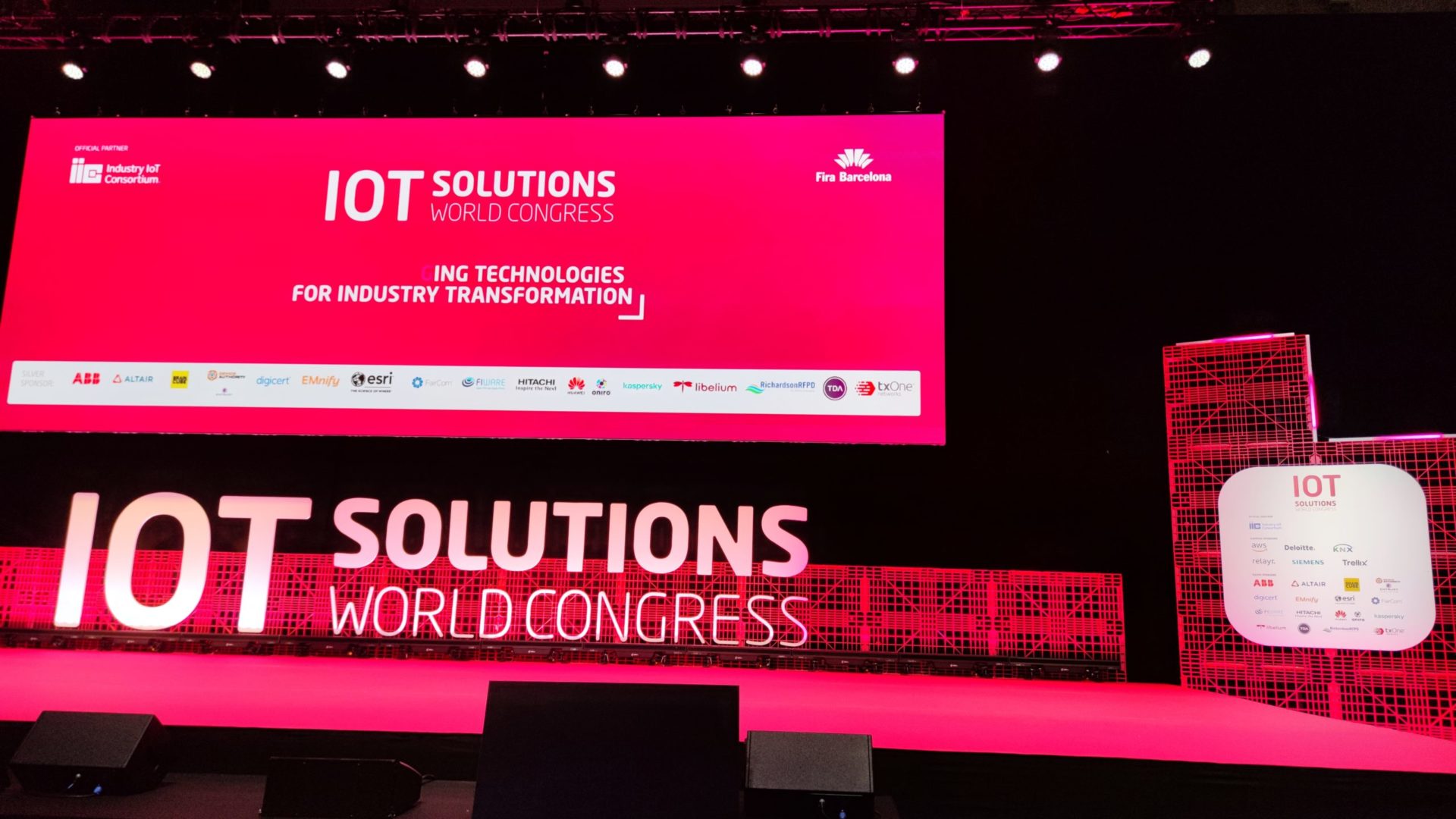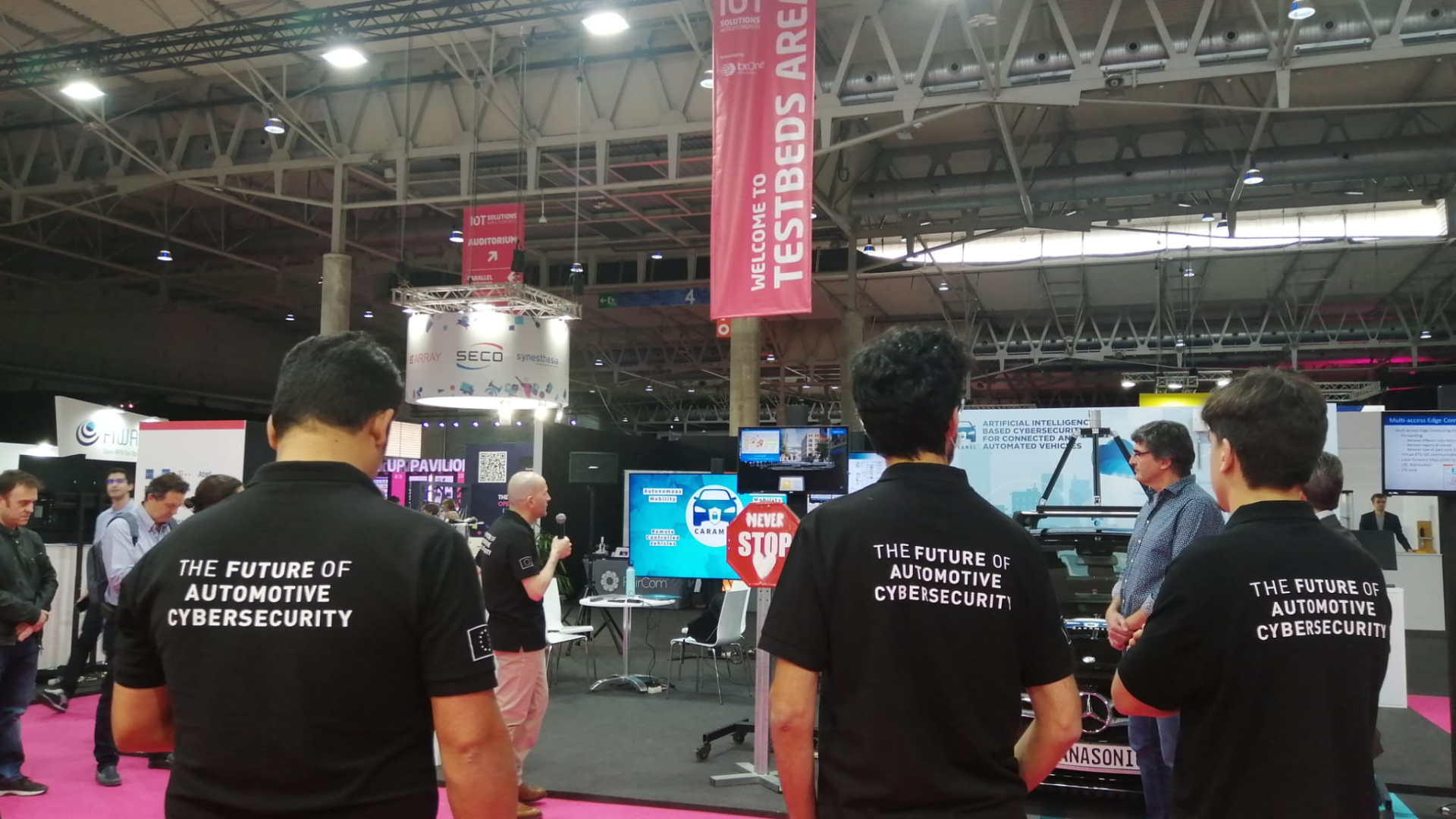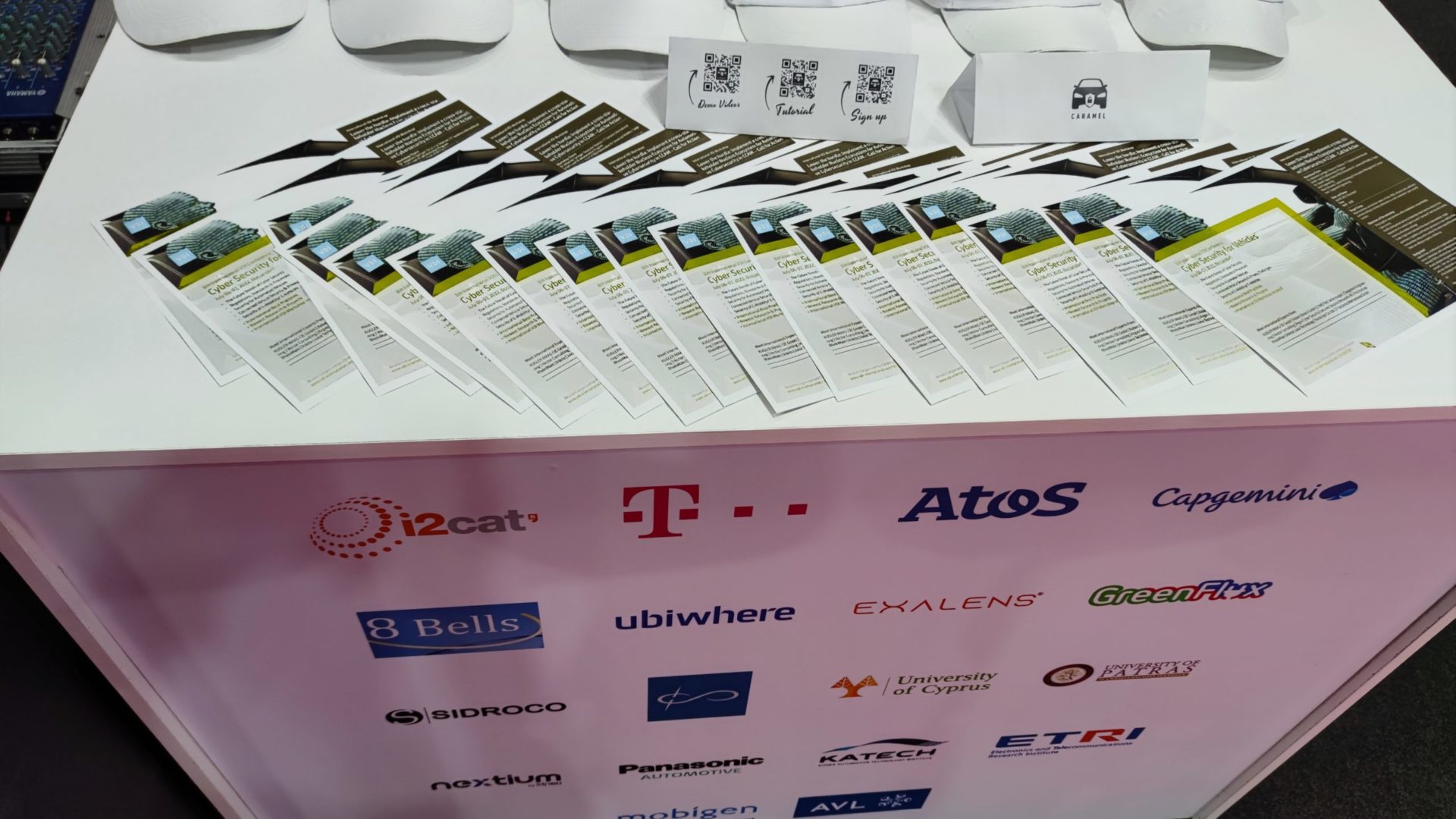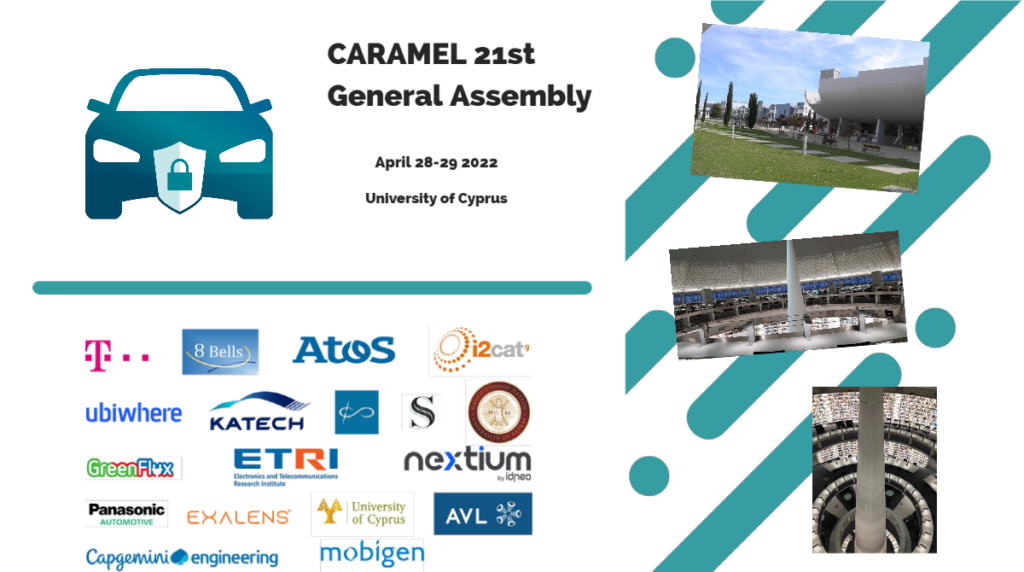CARAMEL – Book

The damaging effects of cyberattacks to an industry like the Cooperative Connected and Automated Mobility (CCAM) can be tremendous. From the least important to the worst ones, one can mention for example the damage in the reputation of vehicle manufacturers, the increased denial of customers to adopt CCAM, the loss of working hours (having direct impact on the European GDP), material damages, increased environmental pollution due e.g., to traffic jams or malicious modifications in sensors’ firmware, and ultimately, the great danger for human lives, either they are drivers, passengers or pedestrians.
Connected vehicles will soon become a reality on our roads, bringing along new services and capabilities, but also technical challenges and security threats. To overcome these risks, the CARAMEL project has developed several anti-hacking solutions for the new generation of vehicles.
CARAMEL (Artificial Intelligence-based Cybersecurity for Connected and Automated Vehicles), a research project co-funded by the European Union under the Horizon 2020 framework programme, is a project consortium with 15 organizations from 8 European countries together with 3 Korean partners. The project applies a proactive approach based on Artificial Intelligence and Machine Learning techniques to detect and prevent potential cybersecurity threats to autonomous and connected vehicles. This approach has been addressed based on four fundamental pillars, namely: Autonomous Mobility, Connected Mobility, Electromobility, and Remote Control Vehicle. This book presents theory and results from each of these technical directions.


